Lists








8 Books
Plays I've Read And Liked
Sort by:
Recent Desc
More lists by Ree Magana
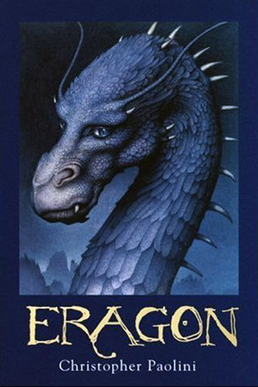

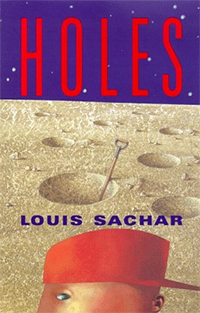
Favorite Children's Books
for my kid
June 2021
0
@reejmagana

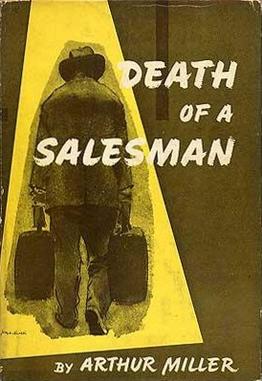

Plays I need to read
List includes: Fahrenheit 451, Death of a Salesman, A Midsummer Night's Dream
June 2021
0
@reejmagana



Short Stories I've Read And Liked
List includes: Sideways Stories from Wayside School, The Tell-Tale Heart, The Yellow Wall-Paper
June 2021
0
@reejmagana
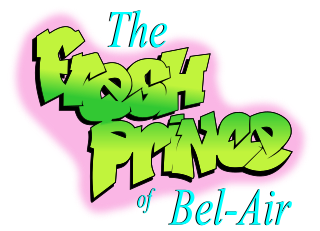


TV Shows
List includes: The Fresh Prince of Bel-Air, South Park, Glee
June 2021
0
@reejmagana
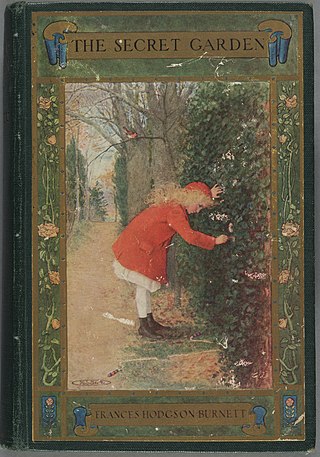

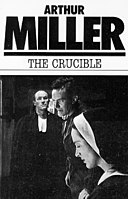
Books I've Read And Liked
List includes: The Secret Garden, To Kill a Mockingbird, The Crucible
June 2021
0
@reejmagana



Books to read
List includes: The Picture of Dorian Gray, The Perks of Being a Wallflower, Frankenstein
June 2021
0
@reejmagana
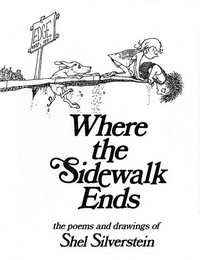
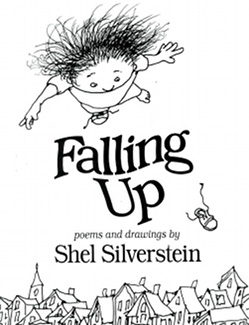
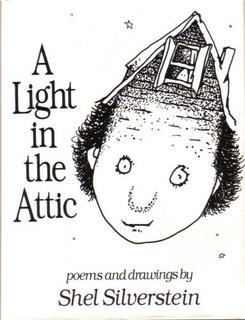
Favorite Poetry Books
List includes: Where the Sidewalk Ends, Falling Up, A Light in the Attic
June 2021
0
@reejmagana
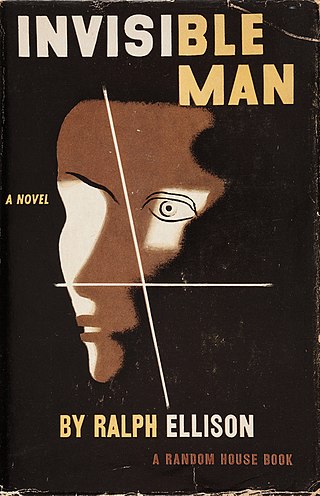
Books I need to finish
My head couldn't handle them at the time
June 2021
0
@reejmagana